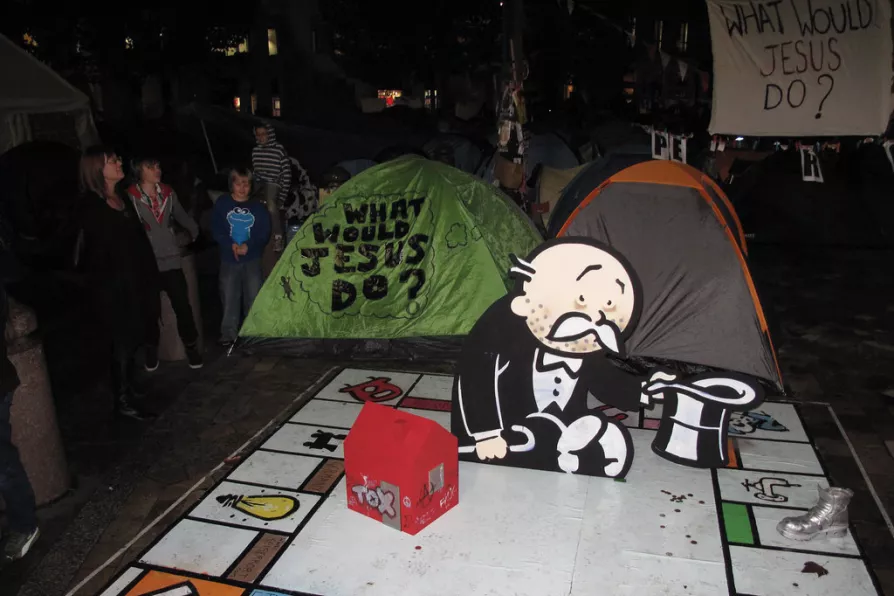As tens of thousands return to the streets for the first national Palestine march of 2026, this movement refuses to be sidelined or silenced, says PETER LEARY


ECONOMIC MONOPOLIES — enterprises or groups of enterprises that overwhelmingly reign over a specific economic sector — have been the target of reformers and revolutionaries since their widespread notice in the last quarter of the 19th century.
Many keen observers in the most advanced capitalist countries of the late 1800s perceived the development of a tier of capitalist firms in various industries that rose to dominate those industries. Through rapid expansion, ruthless competition, absorption and consolidation, a few capitalists or corporations acquired a majority share of markets and the lion’s share of profits.
A classic US example of the process of monopolisation was the creation of the Rockefeller oil monopoly, Standard Oil. Like an uncontrollable wildfire, Standard Oil devoured competitors, both horizontally — in oil extraction — and vertically — in the shipping, refining and selling of the final product. Eventually, Standard Oil was on the verge of completely controlling the petroleum industry in the US.














